biology
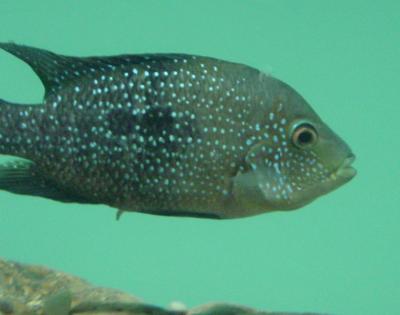
February 13, 2017
Humans aren’t the only species that resort to a little subterfuge While a dominant male fish from northern Mexico mates with a female, a small fella bides his time in the offing. Suddenly, the little guy darts in ahead of Mr. Big and plants his seeds on freshly laid eggs. The behavior, which…
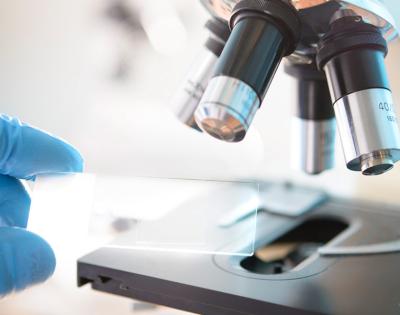
December 16, 2016
Chinweoke Osigwe, an undergraduate student studying biochemistry, was selected as a recipient of the American Society for Microbiology (ASM) Undergraduate Research Fellowship. The fellowship is for students planning to pursue graduate careers in microbiology. Fellows have the opportunity to…
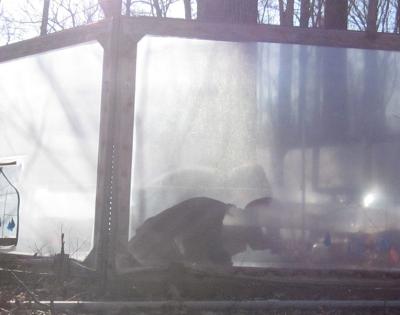
November 02, 2016
Adding warmth predicted in climate-change models destabilized forest ant communities east of the Appalachian Mountains, a possible harbinger of disruption to the broader ecosystem, researchers, led by a Case Western Reserve University biologist, have found. The five-year study in the Harvard…
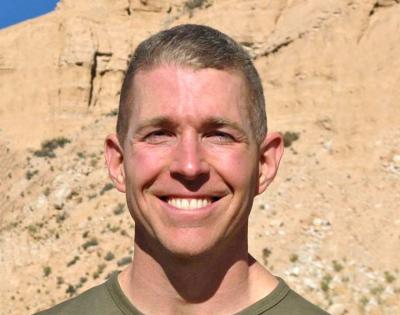
September 21, 2016
A record of shifts in the environment and animal diversity and distribution may help scientists predict effects of current climate change Darin Croft, associate professor of anatomy at the Case Western Reserve University School of Medicine, will try to start filling a gap in the fossil record of…
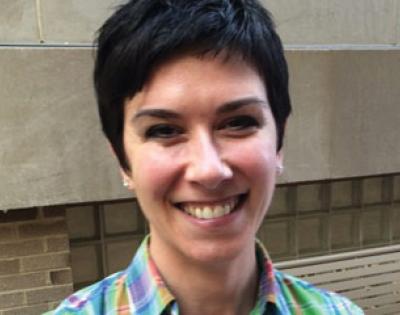
August 19, 2016
Valerie Haywood, senior instructor of biology, presented her ongoing work in undergraduate biology education at Plant Biology 2016, the annual meeting of the American Society of Plant Biologists, in Austin, Texas, in July. More than 1,300 scientists from nearly 40 countries participate in the…
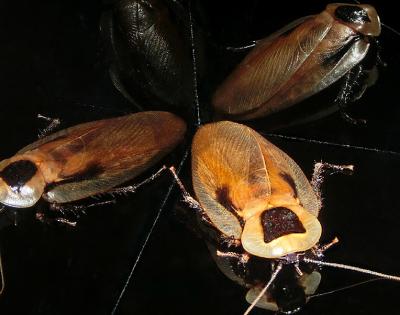
July 27, 2016
Rats, men and cockroaches appear to have a similar GPS in their heads that allows them to navigate new surroundings, researchers at Case Western Reserve University report. The finding, published in the journal Current Biology, is likely an example of convergent evolution—that is, distinct animals…
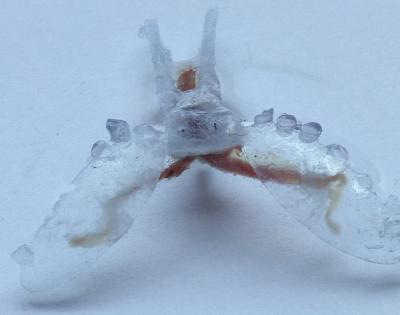
July 25, 2016
Swarms could one day search the depths of fresh and saltwater Researchers at Case Western Reserve University have combined tissues from a sea slug with flexible 3-D printed components to build “biohybrid” robots that crawl like sea turtles on the beach. A muscle from the slug’s mouth provides the…
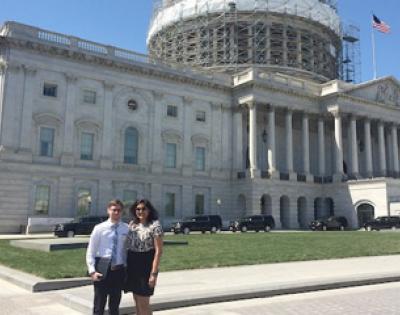
July 15, 2016
Garrett Dunlap and Neetu Gulati Earlier this year, Garrett Dunlap (CWR ‘16) and Neetu Gulati were selected to represent Case Western Reserve University at the American Association For the Advancement of Science Catalyzing Advocacy in Science and Engineering workshop. Dunlap majored in biology and…
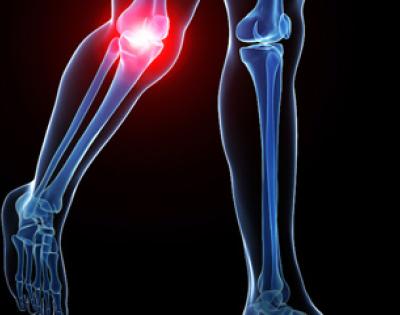
May 23, 2016
Five-year, $6.7 million federal grant for new Center for Multimodal Evaluation of Engineered Cartilage aims to make cartilage knee implants from patients’ cells Case Western Reserve University will open a new center designed to develop evaluation technology and set standards for testing and…
April 26, 2016
The Department of Biology and Holden Arboretum will host a public seminar with biologist and ecologist Margaret Lowman Thursday, April 28, at 4:15 p.m. in DeGrace Hall, Room 312. Lowman, nicknamed “Canopy Meg,” will talk about her groundbreaking research using climbing gear and hot-air-balloons to…

